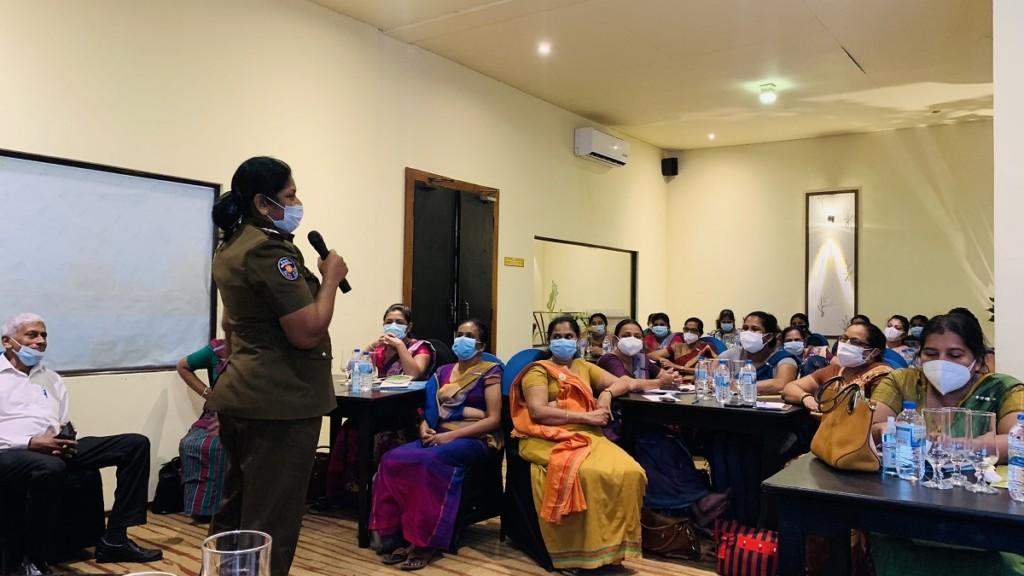
Youth and women underrepresented in politics
Sri Lanka has been in a state of political turmoil following the end of civil war in 2009, democratic advancements in 2015 and transfers of power in 2019–2020. Implementation of the post-conflict reconciliation process begun after the 2015 elections, but since the 2019 presidential and 2020 parliamentary elections, this process has become significantly more difficult. The constitutional reform process also changed course in 2019 as the administration increased the powers of the President, which was its aim already before the elections.
Major changes have taken place lately in the political party field, and the situation between parties in unstable. Recent years have been characterised by the postponement of elections due to COVID-19 situation, a constitutional crisis in 2018 and the terror attacks on Easter 2019. A risk of violent confrontations exists. In 2022, Sri Lanka has faced yet another political crisis due to deepening economic difficulties. A new change of Constitution is also likely.
The participation of women and youth in Sri Lankan politics is very low. The percentage of women in the Parliament is under 6 percent, but at the local level, the proportion of women increased from 2 to 23 percent in the 2018 elections thanks to a quota that was introduced in 2017. In the elections, almost 2 000 women took their seats in the local councils, most of them with little political experience. Political parties are led mostly by older men, and equal representation is not realised in the organisational structures of parties.
Our work in Sri Lanka
Together with our local partner One-Text Initiative (OTI) we supported the youth politicians of Sri Lanka to co-operate across political, ethnic and religious lines in 2015–2016. A series of workshops were organised that brought together youth politicians from the five party blocks represented in the country’s Parliament to discuss, learn and search for joint solutions and to establish peaceful and constructive political dialogue. A delegation of young Finnish MP’s visited the programme to provide trainings and take part in the dialogue.
In a pilot project, started in 2019, Demo Finland and OTI enhanced the political participation of women using a similar approach. Women politicians from 12 districts were supported in building connections with each other and also with women parliamentarians and political party leaders. Women politicians were also trained on Sri Lankan as well as international gender equality instruments, working with media and using social media in political work.
In 2020–2022, Demo Finland and OTI will continue the work of the pilot project on three different themes: the knowledge and skills of local level women politicians, the support of party leaders for women politicians and the visibility of the role of women politicians in the media. Advocacy work is carried out, for example, to ensure that parties promote the participation of women in party leadership and in the nomination of candidates for elections.
Results of our work
- With the support of Demo Finland, youth from all parliamentary parties of Sri Lanka agreed to formally co-operate and engage in a constructive dialogue across party-borders for the first time in the country’s history.
- 361 women councillors have been trained and now have enhanced skills and confidence to act for the benefit of their constituencies and to make their voices heard.
- As a result of Demo Finland and OTI’s work, a network of 130 women councillors was founded, where politicians from 12 districts and 11 political parties develop their political capacities and co-operate.
- Separate committees dedicated to women’s rights have been founded in 25 local councils around the country.
- OTI has conducted a study of six political parties’ gender equality practices. The study found that although there are a lot of women in the parties, they have difficulty advancing their political careers and often hit a glass ceiling. Co-operation with parties to promote gender equality continues, and the parties will be supported in drafting gender equality plans based on the study.
